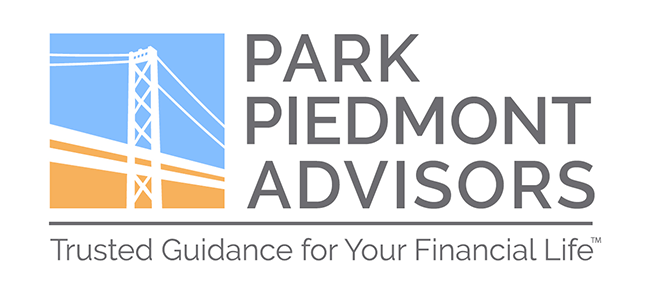To the surprise of many, the US debt ceiling issue was resolved relatively peacefully in the last week of May into early June. President Biden and House Speaker McCarthy worked out a deal that pleased few of the more extreme members of both political parties, but which raised the debt ceiling until early 2025 in exchange for modest spending cuts over the next year and a half.

Compromise like this is how government is supposed to work, and appears to offer glimmers of hope that the parties can work together to accomplish important (or at least existential) things. It’s a pretty low bar, unfortunately, but in light of the deep divisions across the country, we think represents at least some progress.
With that potential crisis out of the way for now, we return to the more substantive issues affecting the world economy and financial markets:
Inflation
Price increases continue to moderate in the US and worldwide as most central banks keep raising interest rates, or at least not cutting them yet. The Federal Reserve has raised rates ten times since 2022, and many observers think they might pause on the increases at their meeting later this month. But strong employment numbers and consumer spending in May could change that decision, either in June or later this year. It remains to be seen when the Fed will cut rates again if inflation persists.
Recession
If inflation does stay high and central bankers continue to increase interest rates, it’s possible that economic activity could slow enough in the US and elsewhere to produce recessions. Recent data appears inconclusive in the US, with employment and consumer spending holding up, as mentioned above, while manufacturing activity and housing, among other areas, slow.
“Investors are more concerned about whether the economy will fall into a recession before inflation recedes enough to convince the Federal Reserve to take it easier on interest rates.
“Reports Thursday (June 1) gave a mixed view. One said that fewer workers filed for unemployment benefits last week than expected, while another suggested employers increased their payrolls in May by more than forecast.
“That’s good news for workers and the overall economy, which has been slowing because of higher interest rates. But a strong job market could keep pressure up on inflation, pushing the Fed to keep rates high.
“On the flip side, manufacturing is continuing to get hit hard. A report from the Institute for Supply Management said manufacturing shrank for a seventh straight month in May” (Los Angeles Times, 06/01/23).
If a recession does happen, it could be short or long, with varying impacts on the stock and bond markets. As with all these issues, only time will tell.
Banks
An additional reason why the Fed might stop raising rates for now is the impact on the banking industry. Higher interest rates mean lower prices for existing bonds, and those lower prices have played a significant role in the recent failures of Silicon Valley Bank, First Republic Bank and Signature Bank. We haven’t heard of any other potential major failures of late, but that could change if rates continue to rise significantly.
In the context of all these potential problems, the stock and bond markets have continued to bounce back from the major declines of 2022. US stocks have risen 8.7% through May 31, with international stocks up 6.4%.
On June 6, the S&P 500 rose to a level 20% above the low point from October 2022, at the bottom of the recent bear market. This is a typical definition of the end of the bear market and the beginning of a potential new bull market.
The benchmark 10-year Treasury bond ended May at 3.64%, and US bonds have risen 3.1% for 2023 so far.
Are the markets performing with excessive optimism given the serious economic and financial challenges we still face? Or are the recent increases reasonable in light of ongoing progress in the battle against inflation?
As always, we’ll continue to monitor what happens and keep you informed. Please check in with your PPA advisor at any time if you have questions or concerns.
